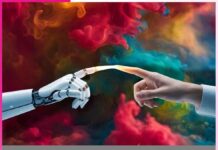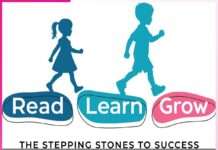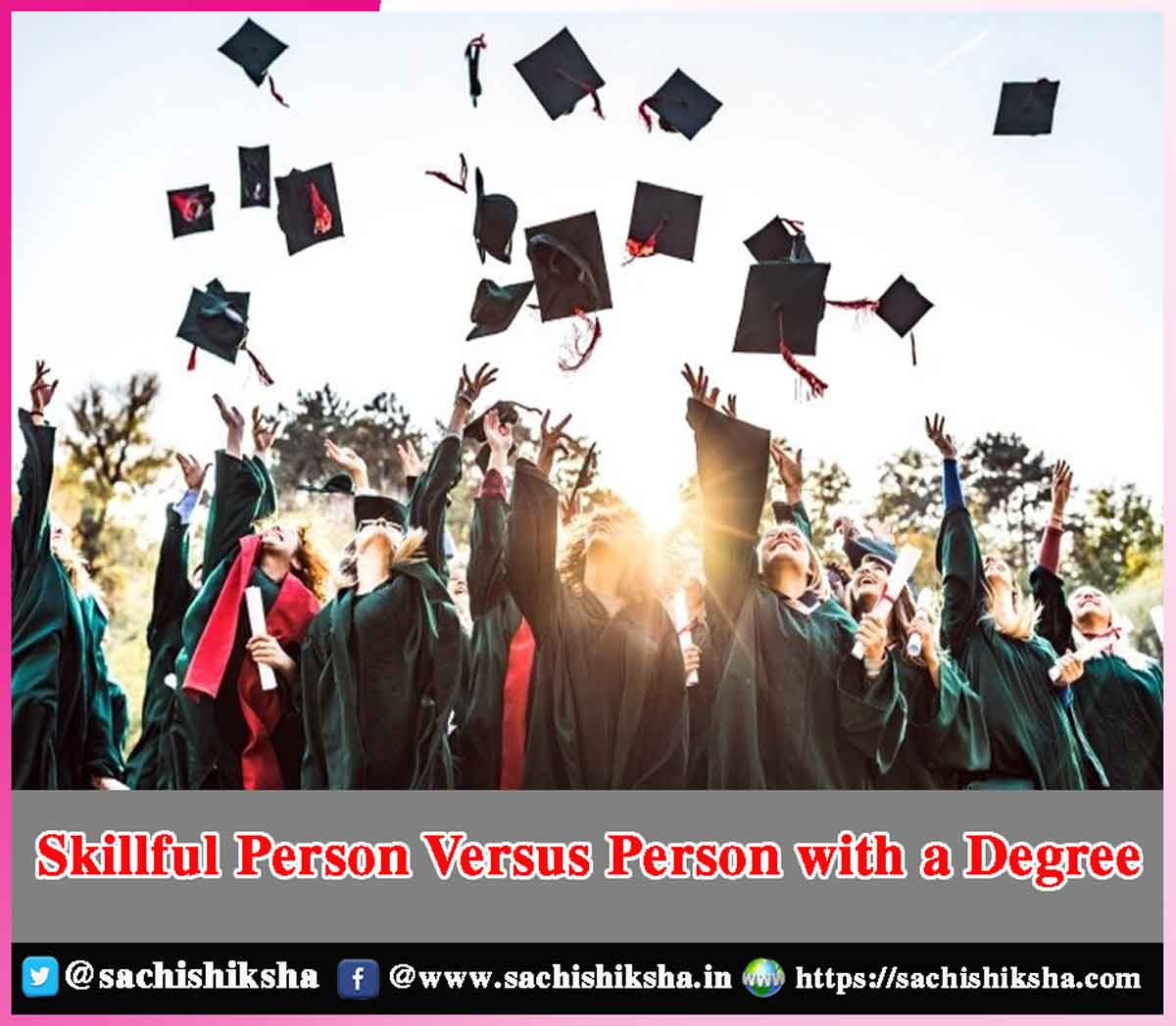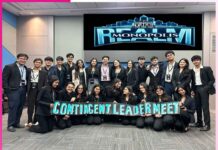Skillful Person Versus Person with a Degree
Introduction: In contemporary society, the debate surrounding the value of formal education versus practical skills has gained significant momentum. The distinction between a skillful person and a person with a degree is often blurred, yet it is crucial to understand the nuances and implications of both. This analysis delves into the characteristics, advantages, and potential drawbacks of being a skillful person compared to having a degree, exploring their respective impacts on career success, personal development, and societal contributions.
Table of Contents
Definitions and Characteristics
A “skillful person” is someone who possesses practical abilities and expertise in a specific field, often gained through hands-on experience, training, or self-directed learning. These individuals are proficient in applying their knowledge to solve real-world problems and are typically recognized for their competence and efficiency. Skills can range from technical abilities, such as coding or carpentry, to soft skills, like communication and leadership.

Advantages of Being a Skillful Person
- Practical Expertise: Skillful individuals excel in practical application. Their hands-on experience allows them to address challenges effectively and innovate solutions that might not be immediately apparent through theoretical knowledge alone.
- Adaptability: Skillful people often develop a high degree of adaptability. Their experience in diverse scenarios equips them to handle unexpected situations with confidence and creativity.
- Cost-Effectiveness: Acquiring skills through apprenticeships, vocational training, or self-learning can be more cost-effective compared to the expenses associated with higher education, such as tuition fees, textbooks, and living expenses.
- Immediate Entry into the Workforce: Many skilled professionals can enter the workforce directly without the prolonged period of study required for a degree. This can lead to earlier earning potential and practical experience.
Advantages of Having a Degree
- Structured Learning: Degree programs offer structured and comprehensive learning. They provide a broad foundation of knowledge and critical thinking skills that can be applied across various fields.
- Credential and Recognition: A degree serves as a formal credential that is widely recognized by employers. It can open doors to opportunities that might require specific educational qualifications.
- Networking Opportunities: College and university environments offer numerous networking opportunities with peers, professors, and industry professionals. These connections can be invaluable for career advancement.
- Access to Resources: Degree programs often provide access to extensive resources, including libraries, research facilities, and mentorship from experienced faculty members.
Potential Drawbacks of Being a Skillful Person
- Limited Theoretical Knowledge: Skillful individuals may sometimes lack the in-depth theoretical knowledge that can be crucial for understanding complex concepts or advancing in certain fields.
- Perceived Credibility: In some industries, not having a formal degree can affect credibility and limit career advancement opportunities, regardless of practical expertise.
- Narrow Focus: Skillful people might have a narrower focus on specific tasks or industries, which can limit their versatility in a rapidly changing job market.
Potential Drawbacks of Having a Degree
- High Costs and Debt: The financial burden of obtaining a degree can be substantial. Many graduates face significant student loan debt, which can impact their financial stability and career choices.
- Delay in Workforce Entry: The time spent in obtaining a degree can delay entry into the workforce, potentially postponing practical experience and earning potential.
- Overemphasis on Credentials: In some cases, there can be an overemphasis on obtaining credentials rather than developing practical skills. This can result in graduates who are theoretically knowledgeable but lack hands-on experience.
Career Success and Personal Development
Career success often depends on a combination of skills, knowledge, and personal attributes. Employers increasingly value a hybrid approach, seeking candidates who possess both practical skills and formal education. For instance, a software developer with a computer science degree and strong coding skills is likely to be more competitive in the job market than someone with only one of these attributes.
Personal development is also influenced by both skills and education. Skillful individuals who continuously update and expand their abilities through lifelong learning can achieve significant personal growth. Similarly, those with degrees can pursue further education and professional development to stay relevant in their fields.
Societal Contributions
Both skillful individuals and degree holders play vital roles in societal progress. Skillful people often drive innovation and efficiency in practical fields such as trades, technology, and creative industries. Their contributions are essential for the functioning and advancement of various sectors.
Degree holders, particularly in fields such as medicine, engineering, law, and education, contribute to the development of knowledge, the implementation of policies, and the provision of essential services. Their theoretical and research-based insights can lead to breakthroughs that benefit society as a whole.
Bridging the Gap: Integrative Approaches
The modern workforce increasingly values integrative approaches that combine practical skills with formal education. For instance, many educational institutions now offer programs that include internships and hands-on projects to provide students with practical experience alongside their academic studies. Similarly, professionals in the workforce often pursue additional certifications and training to enhance their practical skills.
Employers can also play a role by recognizing and valuing diverse forms of expertise. This can involve creating pathways for skillful individuals to advance within organizations, offering professional development opportunities, and fostering a culture of continuous learning.
Conclusion
In conclusion, the debate between the value of being a skillful person versus holding a degree is nuanced and multifaceted. Both paths offer unique advantages and face specific challenges. The key to success in the modern world lies in recognizing the importance of both practical skills and formal education. By embracing a holistic approach that values diverse forms of expertise, individuals can maximize their potential for career success, personal development, and societal contributions. Employers, educational institutions, and policymakers should strive to create environments that support the integration of skills and education, ultimately fostering a more dynamic and capable workforce.















































